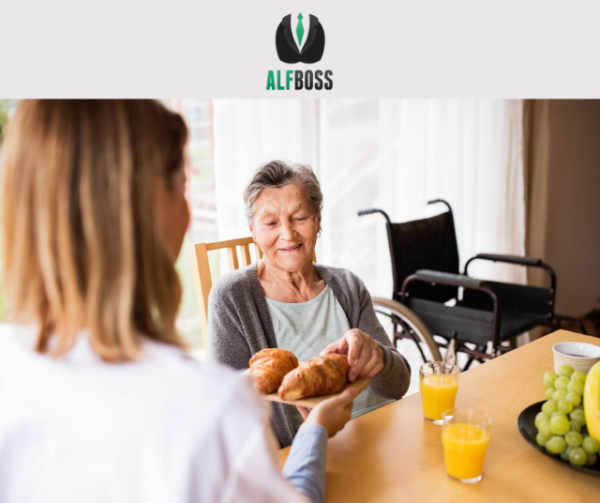
One of the most important elements of running a successful Assisted Living Facility is hiring, training, and retaining the right people to care for your residents. Having a thorough training and competency evaluation will provide your staff with the tools that are necessary to deliver the best care possible. The Minnesota ALLHRD has issued specific guidelines for what these employees must train on in order to provide care for residents. Take a look below:
144G.61 STAFF COMPETENCY EVALUATIONS.
Subdivision 1.Instructor and competency evaluation requirements.
Instructors and competency evaluators must meet the following requirements:
(1) training and competency evaluations of unlicensed personnel who only provide assisted living services specified in section 144G.08, subdivision 9, clauses (1) to (5), must be conducted by individuals with work experience and training in providing these services; and
(2) training and competency evaluations of unlicensed personnel providing assisted living services must be conducted by a registered nurse, or another instructor may provide training in conjunction with the registered nurse.
Subd. 2.Training and evaluation of unlicensed personnel.
(a) Training and competency evaluations for all unlicensed personnel must include the following:
(1) documentation requirements for all services provided;
(2) reports of changes in the resident’s condition to the supervisor designated by the facility;
(3) basic infection control, including blood-borne pathogens;
(4) maintenance of a clean and safe environment;
(5) appropriate and safe techniques in personal hygiene and grooming, including:
(i) hair care and bathing;
(ii) care of teeth, gums, and oral prosthetic devices;
(iii) care and use of hearing aids; and
(iv) dressing and assisting with toileting;
(6) training on the prevention of falls;
(7) standby assistance techniques and how to perform them;
(8) medication, exercise, and treatment reminders;
(9) basic nutrition, meal preparation, food safety, and assistance with eating;
(10) preparation of modified diets as ordered by a licensed health professional;
(11) communication skills that include preserving the dignity of the resident and showing respect for the resident and the resident’s preferences, cultural background, and family;
(12) awareness of confidentiality and privacy;
(13) understanding appropriate boundaries between staff and residents and the resident’s family;
(14) procedures to use in handling various emergency situations; and
(15) awareness of commonly used health technology equipment and assistive devices.
(b) In addition to paragraph (a), training and competency evaluation for unlicensed personnel providing assisted living services must include:
(1) observing, reporting, and documenting resident status;
(2) basic knowledge of body functioning and changes in body functioning, injuries, or other observed changes that must be reported to appropriate personnel;
(3) reading and recording temperature, pulse, and respirations of the resident;
(4) recognizing physical, emotional, cognitive, and developmental needs of the resident;
(5) safe transfer techniques and ambulation;
(6) range of motioning and positioning; and
(7) administering medications or treatments as required.
Pro Tip:
- Have your most seasoned staff member train your new staff on each skill necessary for their duties by shadowing them for multiple shifts.
- Have the clinical team lead (preferably the RN) provide the competency evaluation that is required by the state and store this in the employee personnel file.